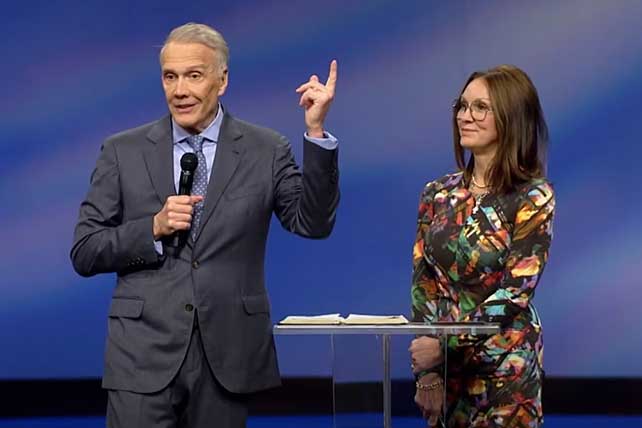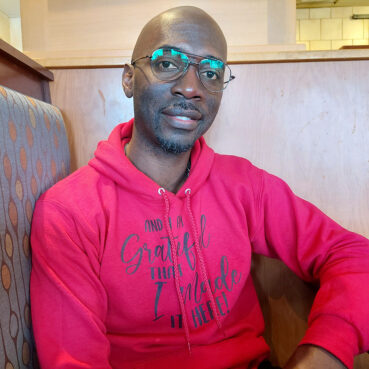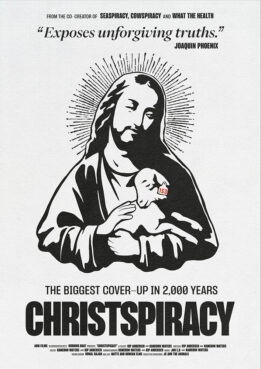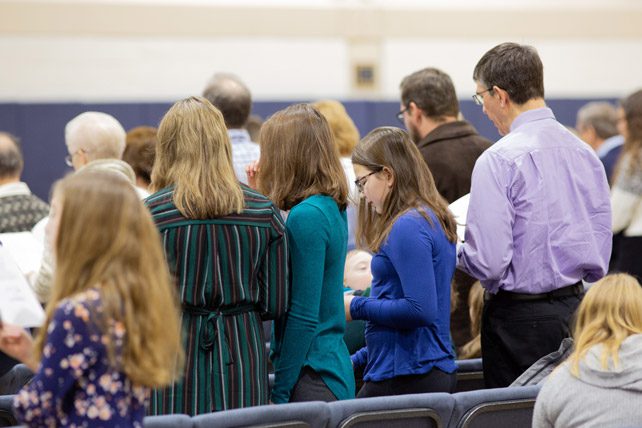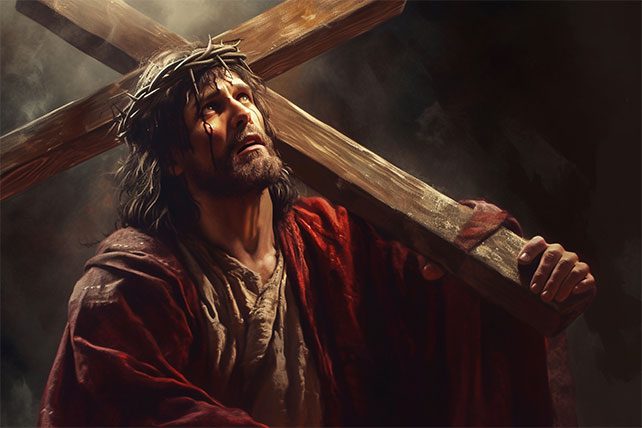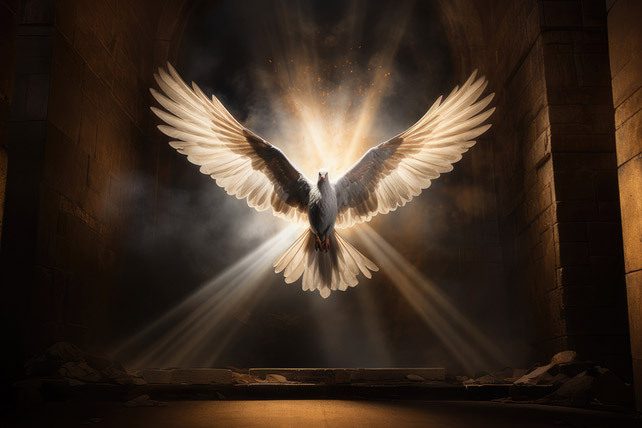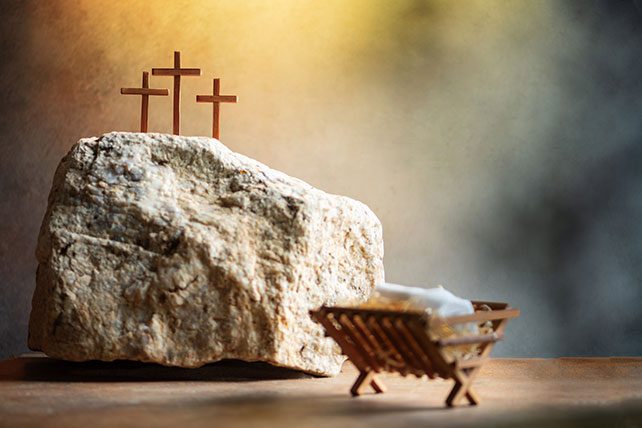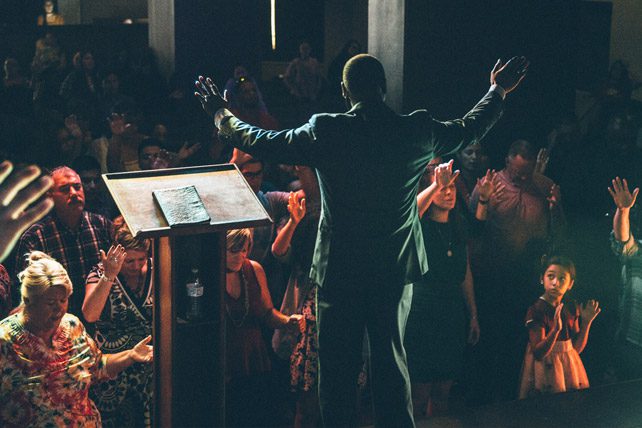In times of uncertainty and fear, many turn to the Bible for comfort and strength. The scripture is filled with verses that speak directly to the heart of those seeking courage.
In this blog, we’ll explore the profound wisdom found in the Bible regarding courage, highlight ten key verses that inspire bravery, and answer some common questions about finding courage in the Bible. Whether you’re facing personal trials, professional challenges, or spiritual battles, these verses can offer solace and empowerment.
1. Understanding Courage through the Bible
The Bible portrays courage not just as physical bravery but as the resolve to act rightly, even in the face of fear or adversity. It’s about trusting God and holding onto faith despite the circumstances. This spiritual courage is essential for overcoming life’s hurdles and fulfilling our divine purpose.
Ten Key Bible Verses Related to Courage
Joshua 1:9: “Have I not commanded you? Be strong and courageous.” This verse serves as a divine command, encouraging us to trust in God’s presence and guidance.
Proverbs 18:10: “The heart of the fearless person gives courage to many.” This suggests that courage is not only about our personal strength but also about inspiring others around us.
Daniel 3:17: “Shadrach, Meshach, and Abednego, you fear not God?” This rhetorical question underscores the importance of fearing God above all else, which in turn provides the ultimate courage.
Psalm 34:20: “But be strong and courageous. Have fear not, nor be afraid of them.” This verse reinforces the idea that with God on our side, we need not fear any earthly power.
Exodus 30:31: “So be strong and courageous. Don’t be afraid or terrified because of them.” Similar to Joshua 1:9, this encourages us to face challenges head-on, with God as our support.
Habakkuk 3:18: “Though you tread on serpents and scorpions, and have no strength; He will lift you up and carry you.” This metaphorical language promises God’s support even in the most daunting circumstances.
Joshua 24:9: “Now therefore fear the Lord, and serve Him alone in sincerity of heart.” This verse suggests that true courage comes from a sincere commitment to serving God.
1 Corinthians 13:7: “Love hath not envyings, be not angry, be not proud, boast not; be kind to the unkind, to the weak forgiving love; judge not according to appearance, but judge right judgment.” Although not about courage directly, this verse speaks to the courage it takes to love unconditionally.
Hebrews 5:7: “For their sake he was censured.” This brief verse reminds us of the courage Jesus displayed, which serves as an example for all believers.
Galatians 6:9: “Let us not get weary in doing good, at any time, as we anticipate that the harvest of those who sow with patience will be worthy of at least a share of the harvest of those who sow carelessly.” This verse encourages perseverance and courage in doing good, promising divine rewards.




